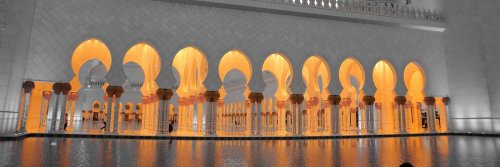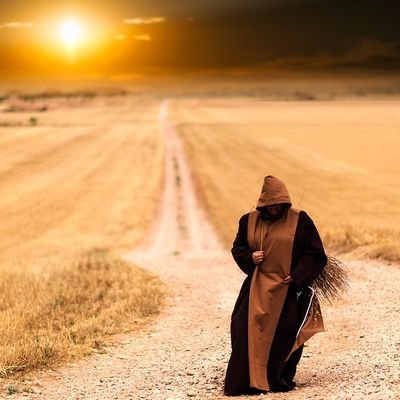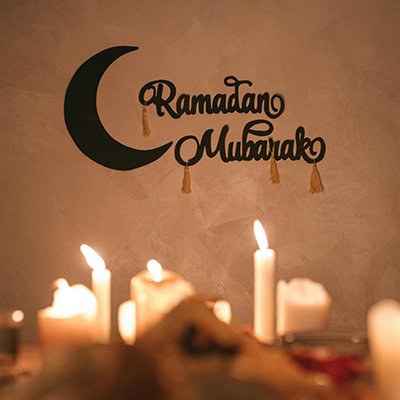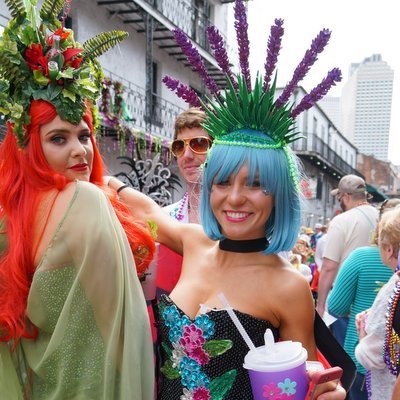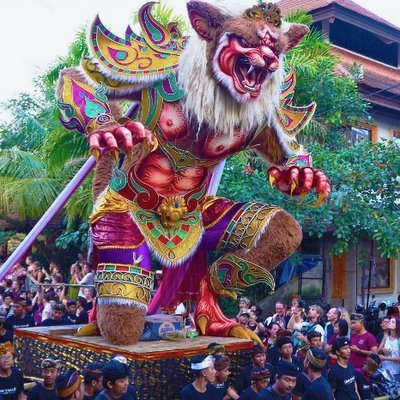Travel Considerations
If you will be in any country in the world with a significant Muslim population during these dates, you should take a moment to read up about this religious holiday period to ensure that you respect culture sensitivities, rules and customs over this important time frame. Different rules can apply in different countries.
During this period you may find that some tourist facilities and restaurants will be closed between sunrise and sunset whilst some may be open, but operating with limited staff. The business hours for government agencies and businesses may be shortened, so you should seek local advice in this regard.
The end of Ramadan is a busy travelling time as people traditionally visit their families to celebrate Eid-ul-Fitr, which is a 3 day festival marking the end of the fasting period. You may find that 1 or more of these days are public holidays. Travel is very congested and flights can be fully booked, so plan well ahead.

The History of Ramadan
Chapter 2, Verse 185 of the Quran states:
"a guidance for mankind, and clear proofs of the guidance, and the criterion (of right and wrong). And whosoever of you is present, let him fast the month, and whosoever of you is sick or on a journey, a number of other days. Allah desires for you ease; He desires not hardship for you; and that you should complete the period, and that you should magnify Allah for having guided you, and that perhaps you may be thankful."
The Quran is believed to have been first revealed to Muhammad during the month of Ramadan, which is said to be the "best of times". Fasting is obligatory and is a way to attain "tagwa" (god fearing piety). It is a period of spiritual growth and one of the 5 "pillars of Islam" (the others being faith, daily prayer, alms giving and a pilgrimage to Mecca).
Ramadan is an Arabic term meaning "intense heat" and in pre-Islamic Arabia Ramadan was the name of a super hot summer month.
How is Ramadan Celebrated?
All able-bodied Muslims (those past puberty) are expected to abstain from drinking, eating and sex from sunrise to sunset each day with many performing additional prayers, especially at night. Illness and old age will make you exempt, as well as anyone traveling, but for those that are able to, they are expected to make up for the missed days in the month immediately after Ramadan. If they can't fast at all and are financially able to, the alternative course is to provide meals to the needy.
The significance of Ramadan is for Muslims to experience the feelings of hunger and thirst, often having to deal with tiredness due to late-night prayers and predawn meals. The act of fasting is meant to redirect the heart away from worldly activities to cleanse the soul and to practice self-discipline, self-control, sacrifice and to have empathy for those who are less fortunate.
In some countries today there are lights strung up in public squares and across streets with lanterns becoming symbolic decorations. Many countries have their own traditions such as the Javanese in Indonesia bathe in holy springs to prepare for fasting, whilst in Jakarta firecrackers traditionally wake up the people for morning prayer.

A Travel Warning
Be careful during this period as in many countries if you are seen eating, drinking or smoking in public you may attract the attention of local authorities and could get thrown in goal. Remember don't even do it in your car, if you can be seen from people passing by on the outside.
Even chewing gum is considered to be "eating".
It is considered to be impolite to eat or drink in front of a person that is fasting.
Remember to be super patient and tolerant during this period as fatigue is a common occurrence amongst those fasting and afternoon naps become a necessity, especially in the heat of the middle of the day when they are not allowed to indulge in even a sip of water.
You may find during the day most people are merely hanging around in groups almost dozing, but once the sun goes down it is time to party and gorge on food.
Gail Palethorpe, a self proclaimed Australian gypsy, is a freelance writer, photographer and eternal traveller. Check out her website Gail Palethorpe Photography and her Shutterstock profile.

